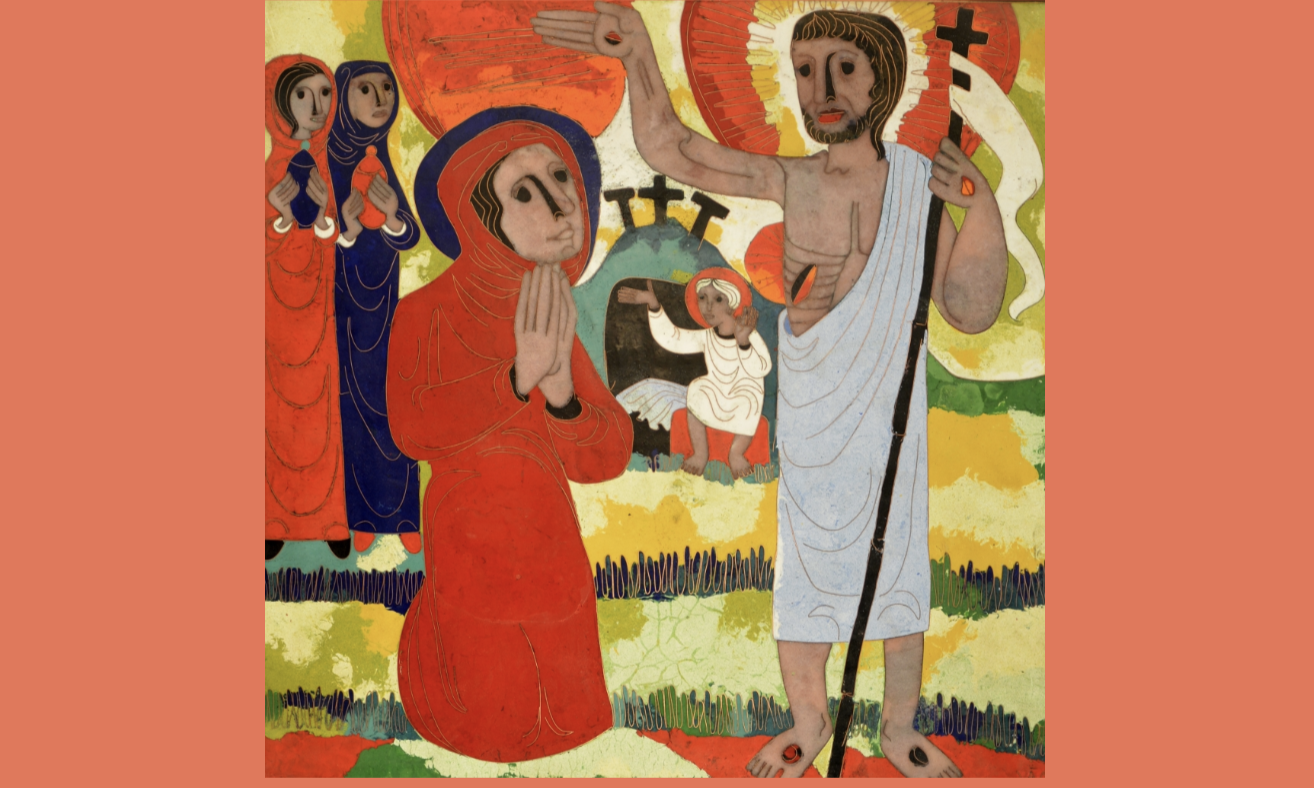We know the experience of emptiness. Empty gas tanks, refrigerators or wallets. Empty moments of feeling lonely. Emptiness does not feel good. It is frightening when there is no gas, food or money. When we do not have what we think we need, we can feel threatened that someone will try to take advantage of us. Life can be discouraging and feel like too much work.
Easter begins with emptiness. The disciples of Jesus must have experienced emptiness the afternoon he died. They had given their lives to him. What would they do now? Then, the ultimate emptiness. They go to mourn his loss and discover an empty tomb. How frightening! Had the body been stolen? By whom, for what, where had they put it? Would whoever stole it come after them next?
The disciples eventually discovered the meaning of the empty tomb. Their Lord had risen! The empty, frightening experience of his death was transformed into the fullness of new life. All that was threatening and discouraging pointed the way to something new and different. The resurrection of Jesus was a movement through the emptiness of death to the fullness of new life. To find that life, the disciples had to first name the emptiness of their lives.
What is the emptiness in our lives this Easter? We may be experiencing some emptiness in our marriages, families or relationships. Maybe our work or the direction of our lives feels empty. The troubling events in our world can leave us feeling empty. Even our spiritual lives can seem empty, leaving us wondering where God is anyway?
Upon discovering the empty tomb, the disciples’ first response was to run away frightened. That could be our first inclination in naming the empty places in our lives. The Easter invitation is to name and acknowledge the emptiness in order to allow the grace and strength of the risen Lord help something new and different to happen. What seems empty now can be full again. Just ask the disciples.
May the fullness of new life be yours this Easter,
Very Rev. Christopher H. Smith, Rector
